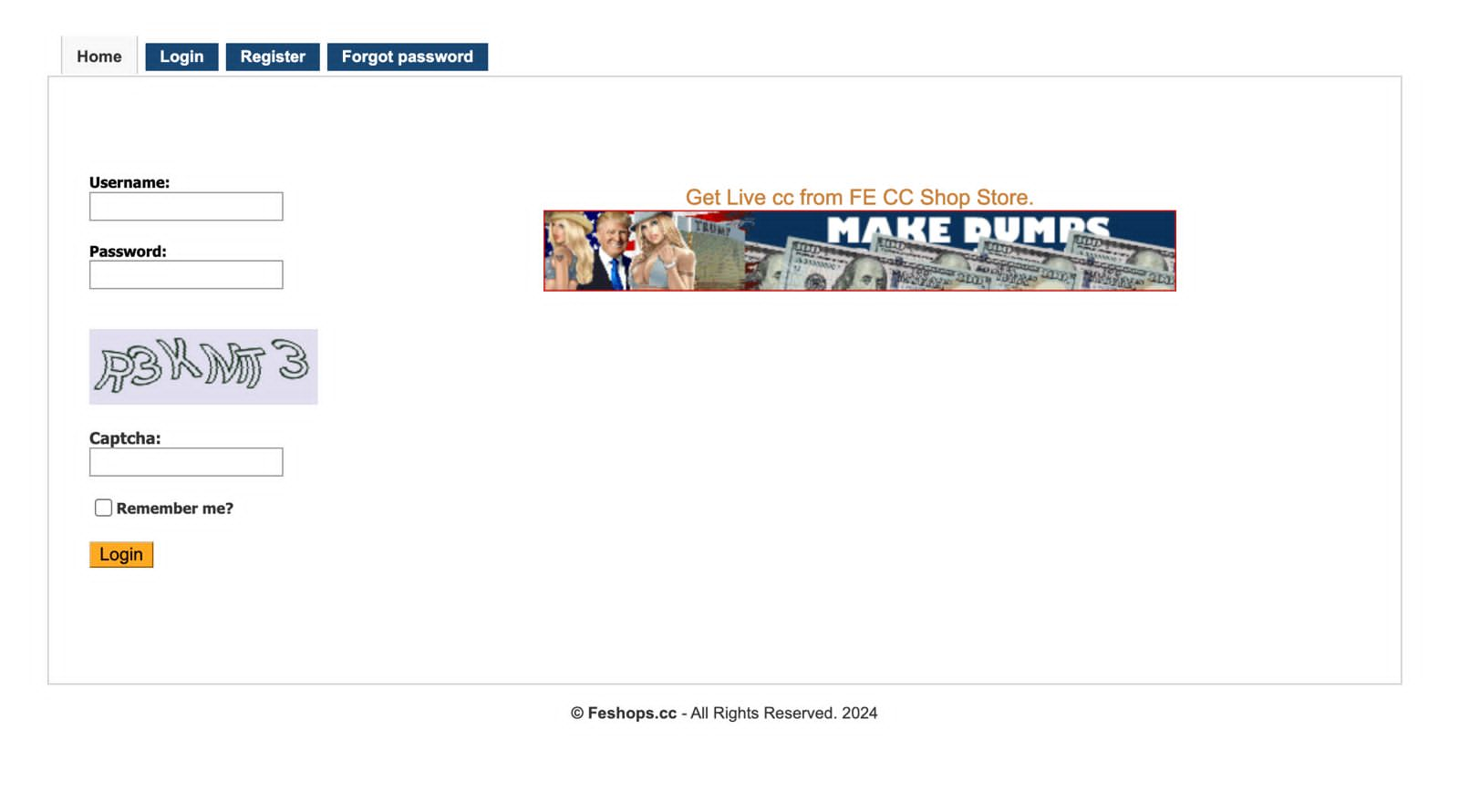
Feshop SSN Dumps: Understanding the Risks and Reality Behind Digital Identity Theft
Warning: Identity theft and fraud are serious crimes. This article is for educational purposes only.
SSN dumps from platforms like Feshop are collections of stolen social security numbers and personal information sold on underground markets. While some may view these as shortcuts, they pose severe risks and legal consequences.
Key Risks of Using SSN Dumps:
- Federal criminal charges and imprisonment
- Heavy fines and civil penalties
- Permanent criminal record
- Identity theft vulnerability
- Scams and fraudulent data
- Law enforcement tracking

Reporter interviewing Trump
Legal Alternatives:
- Identity protection services
- Cybersecurity tools
- Two-factor authentication
- Strong password management
- Regular credit monitoring
- Legitimate identity verification services
While cybersecurity professionals may study these dumps for research in controlled environments, any unauthorized use is strictly illegal. The perceived benefits never outweigh the severe consequences.
Protect yourself by:
- Never purchasing or using stolen data
- Reporting suspicious activity
- Using official channels for identity verification
- Keeping personal information secure
- Following cybersecurity best practices
- Working with legitimate service providers
The underground market for SSN dumps continues to exploit victims while putting buyers at risk. Always choose legal methods to protect your identity and avoid the severe repercussions of engaging with stolen data.
Remember: Identity theft affects real people and has lasting consequences. Stay safe by using only legitimate services and reporting suspicious activity to authorities.
Frequently Asked Questions:
Q: What exactly are SSN dumps? A: Collections of stolen social security numbers and personal information sold illegally.
Q: Are they reliable? A: No, the data is often outdated, incomplete, or fake.
Q: What are the legal consequences? A: Federal charges, imprisonment, fines, and permanent criminal records.
Q: Are there safe alternatives? A: Yes, numerous legal identity protection and verification services exist.
Related Articles

Douglas Lemott Jr.: From Military Service to Cybersecurity Leadership - A Journey of Faith and Innovation

